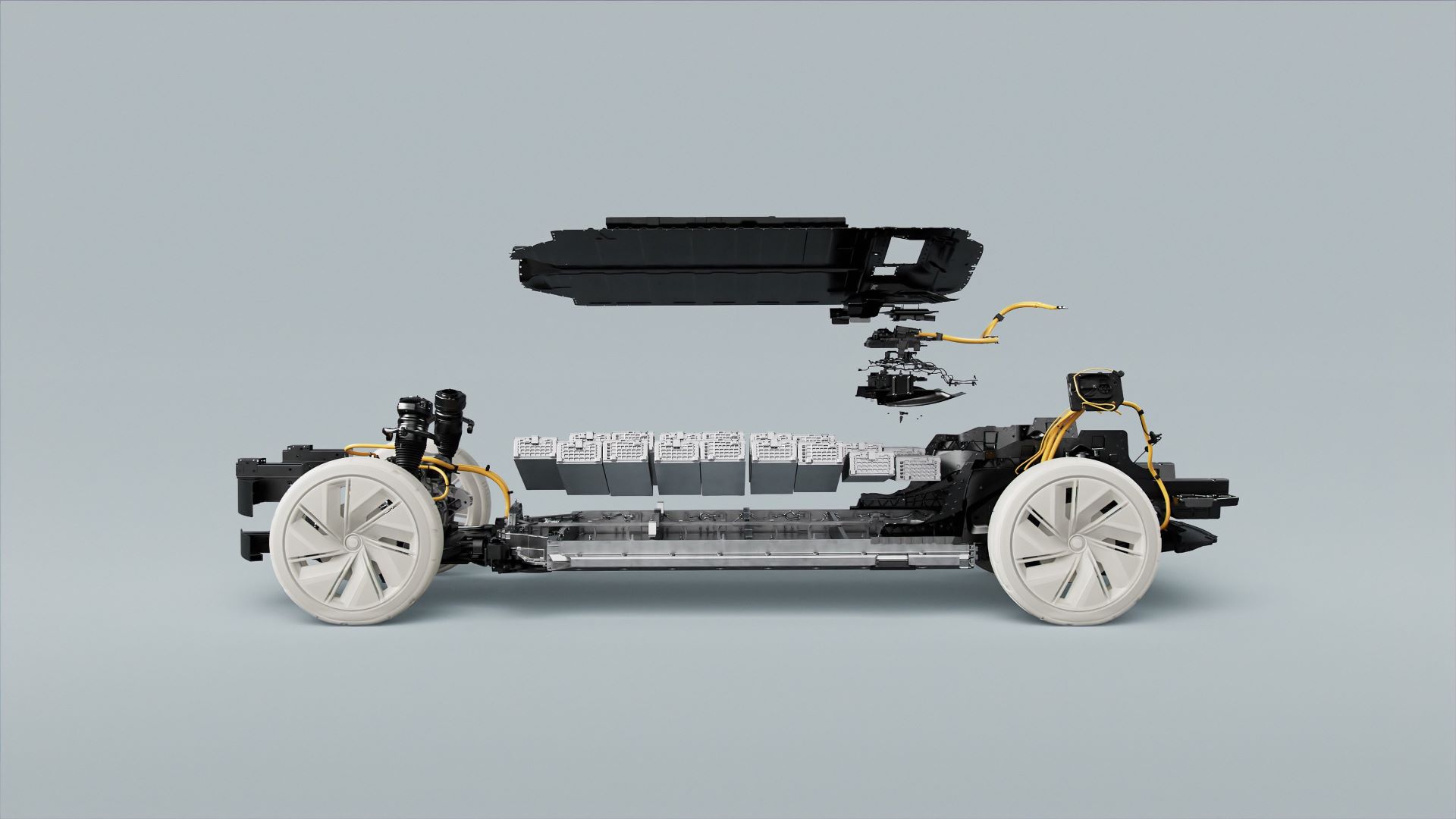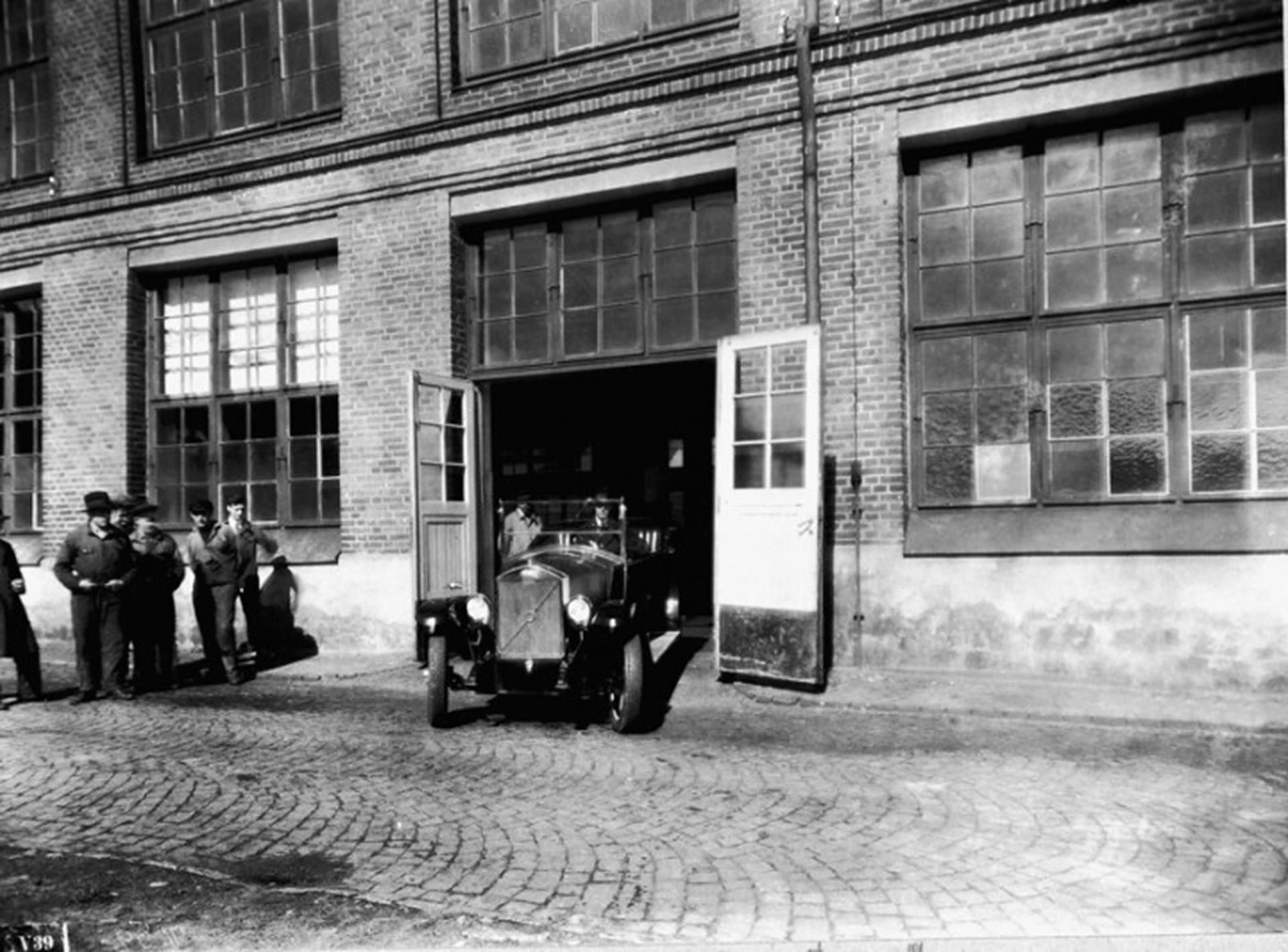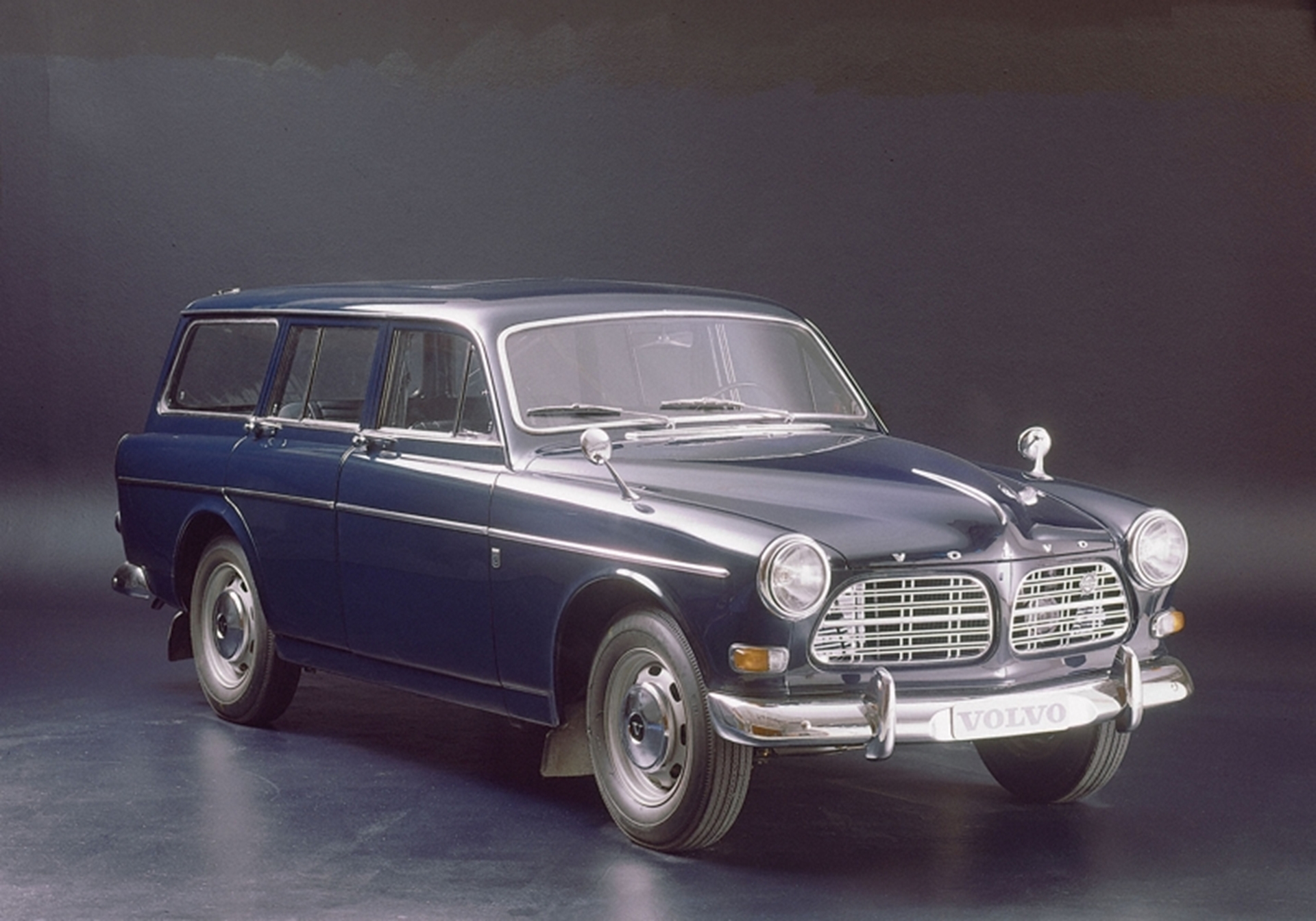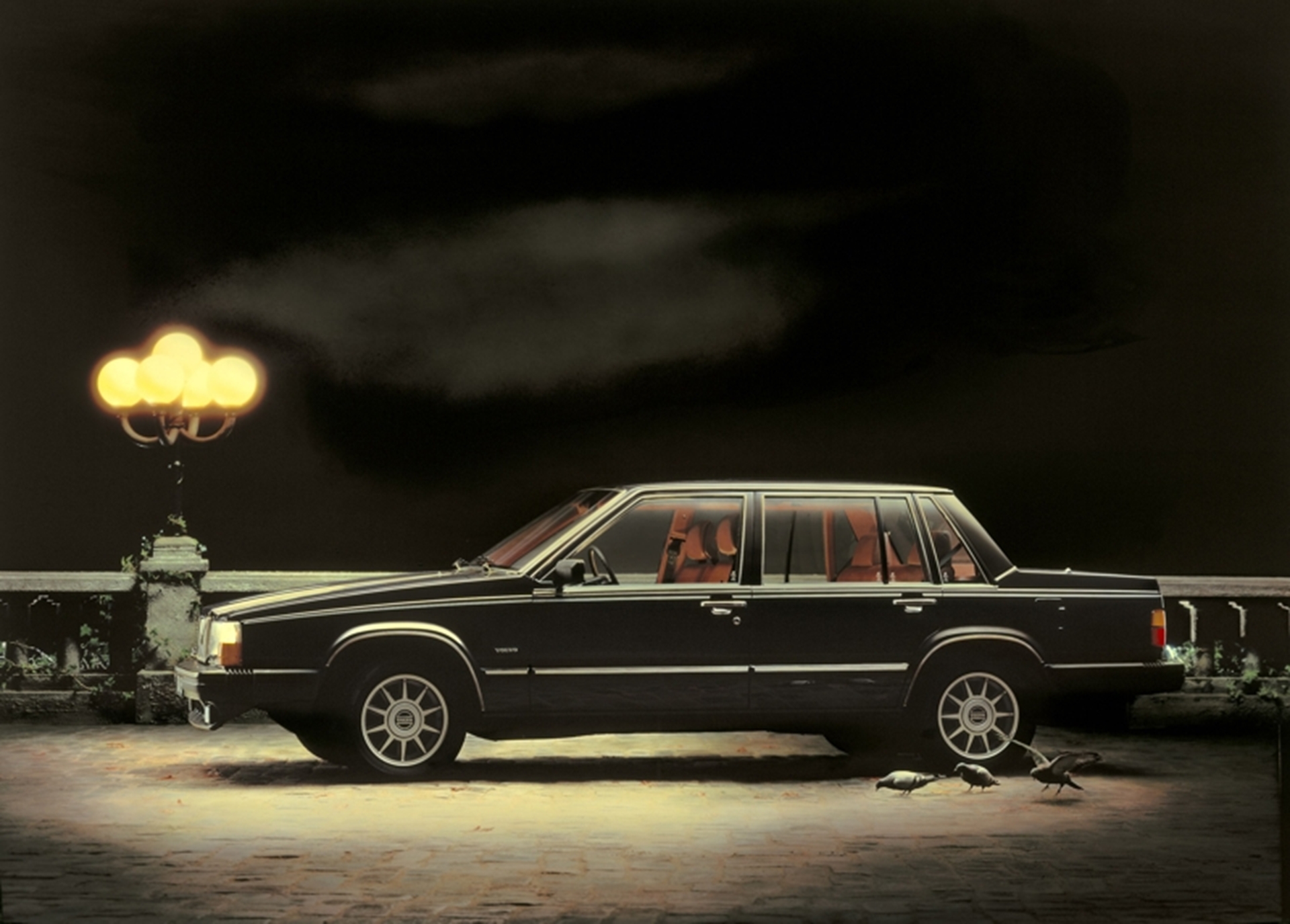
Volvo History

Volvo is a Swedish multinational manufacturing company headquartered in Gothenburg. It was founded in 1927 with the goal of building durable and reliable vehicles.
Throughout its history, Volvo has been known for its commitment to safety and innovation, and has introduced several safety features that have become standard in the automotive industry.
Over the years, Volvo has expanded its product line to include SUVs, station wagons, and crossover vehicles, and has also acquired several other automotive brands. Today, Volvo is owned by the Chinese multinational holding company Geely, and continues to produce high-quality vehicles known for their safety and design.
Volvo’s history can be divided into several distinct phases. In the early years, the company focused on producing high-quality, reliable vehicles for the Swedish market. During the 1950s and 1960s, Volvo expanded its operations to include exports, and by the 1970s, the company had established a strong presence in the global market.
In the 1980s and 1990s, Volvo faced several challenges, including increased competition, economic downturns, and quality problems. However, the company responded by implementing a series of cost-cutting measures, modernizing its manufacturing processes, and launching new models. As a result, Volvo was able to turn its business around and re-establish itself as a leading producer of high-quality vehicles.
In 2010, Volvo was acquired by Geely, a Chinese holding company. Under Geely’s ownership, Volvo has continued to invest in research and development, expand its product line, and increase its global presence. Today, Volvo is known for its focus on safety, sustainability, and innovation, and is recognized as one of the world’s leading producers of premium vehicles.
In recent years, Volvo has continued to innovate and evolve to meet changing customer needs and market trends. One of the key areas of focus for the company has been electrification and sustainability. In 2019, Volvo announced its goal to become a fully electric car company by 2030. The company has already introduced a range of hybrid and fully electric vehicles, and is working to develop new technology and infrastructure to support the transition to electrification.
In addition to its focus on electrification, Volvo is also known for its commitment to safety. Over the years, the company has introduced several industry-first safety features, including the three-point seatbelt, side-impact protection, and a range of advanced driver-assist systems. Today, Volvo continues to lead the way in vehicle safety, and its cars are widely recognized as some of the safest on the road.
In conclusion, Volvo’s history is one of innovation, commitment to quality and safety, and an unwavering focus on the needs of its customers. With its continued investment in research and development, and a focus on sustainability and electrification, Volvo is well positioned for a bright future as one of the world’s leading automotive brands.
-

Volvo Cars partners with and invests in Breathe for next-generation fast charging
Volvo Cars has partnered up with Breathe Battery Technologies (Breathe), becoming the first car company…
-

VOLVO CAR CORPORATION STILL LEADS AIRBAG DEVELOPMENT AFTER 25 LIFE-SAVING YEARS
The first Volvo car equipped with an airbag left the assembly line in 1987 –…
-

THE SAME CAR IN THE SAME PLACE – BUT 85 YEARS LATER
On 14 April 1927, the first mass-produced Volvo car rolled off the production line at…
-

The work horse becomes lounge lion – The Volvo Amazon estate turns 50
“A new Volvo Estate car. An exclusive estate car, designed for European conditions enters the…
-

Volvo Museum attracts cruise ship tourists
Last year, more than 67000 visitors found their way to the Volvo Museum in Arendal,…
-

Volvo 760 GLE turns 30 – The car that saved Volvo Car Corporation
In February 1982 – 30 years ago – the new Volvo 760 GLE was launched.…
-
Volvo with four world-firsts turns 20
The groundbreaking and much-loved Volvo 850 GLT celebrates it’s 20th birthday this month. After presenting…
-
Volvo P1800 – A true cosmopolitan turns 50
Volvo P1800 1961 – 2011 Planned in Sweden, designed in Italy, unveiled in Brussels, built…
-
A Volvo beauty with mythological status turns 50
On a sunny summer Friday in 1956 Volvo showed a completely new car – the…
-
The Volvo brand name turns 90
It has been rolling for 90 years now, and keeps on rolling – the name…